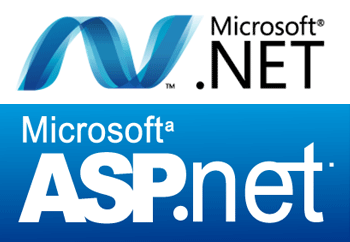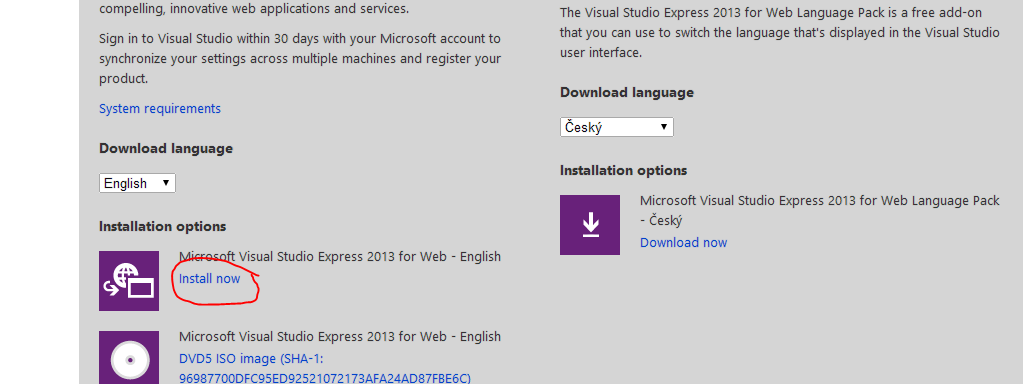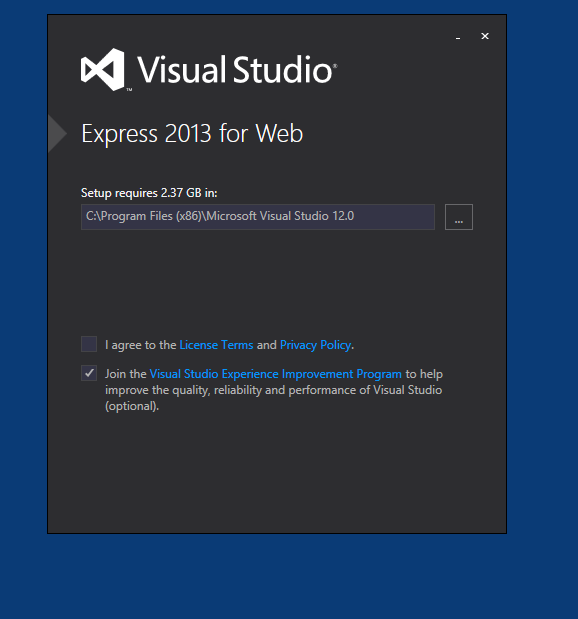When Pride Still Mattered is a book about the life of the legendary Green Bay Packers Coach Vince Lombardi. David Maraniss wrote this book in 1999 to capture the myth that was Vince Lombardi. Even though Coach Lombardi is an iconic sports figure the book is more about leadership than sports.
When I was first recommended this book by an executive at my company I was skeptical. How could a book about the famous Green Bay Packers coach from the 60’s be relevant to me today? I knew the legend of Vince Lombardi and had watched a HBO special on his life but come on I’m a software developer not a football coach. After a few chapters I started to realize what an awesome book this was and began to see how to apply to my own career. Lombardi was not just a football coach but one of the greatest leaders in modern history. If I had to choose 3 keys to Lombardi’s success they would be his management style, routine, and value of for teamwork.
Management
Coach Lombardi was a hard driving coach, that really pushed his players to get the absolute most out of them. The in your face style was really effective for most of his players but for others it did not suit them. Lombardi had to adapt his management to each players needs. For example, Bart Starr did not want to be criticized in front of the other players because as quarterback he was the leader on the field. For Starr being belittled in front of the team jeopardized his leadership ability. When Coach Lombardi had criticism for the quarterback it was handled in the office. Other players responded well to criticism so Lombardi dished it out. A few players got too up tight about it so Lombardi would give them praise a couple days before a game to counter balance the criticism from earlier in the week. On the bus ride to the stadium for Super Bowl I Lombardi asked the bus driver to stop before they took off, then Lombardi rose up and start dancing in the aisle. After he sat down one of his assistant coaches asked him what that was all about Lombardi said “they were too tight”. What was lost on that moment was the fact that Lombardi all week had made them too tight.
Routine
How did Lombardi become so successful? He had a routine and followed that routine with laser like focus. During his early years Coach Lombardi spent some time pursuing the priesthood and it was from those studies where he learned about order and routine. For all his life Lombardi kept some of those routines. Lombardi was an early riser and would attend the earliest mass every morning then eat at the same diner for breakfast before heading into the office. Order and routine served him well as a football coach because football was about controlled chaos. Winning team had player who had great fundamentals which were made that way through routine. For Lombardi practice was all about routine, the offense was simple and revolved around one play the Packer Sweep. The players would practice the sweep over and over until they could run it in their sleep, this was part of the routine Lombardi wanted to instill in his players.
Team Work
What can I do today to help my team?
Coach Lombardi challenged his to players to think about what they could do today to help their teammates. During the championship years in Green Bay, Coach Lombardi was able to create culture of teamwork. In the summer before the start of the football season players went off to summer camp, where they would be secluded away from all distractions . Team mates would stay in dorms, practice for hours, sit through meetings, and eat all meals as a team. After summer camp the players would return to Green Bay to begin the season but Lombardi helped to keep this routine instilled in his players. Many Packer players were not from Green Bay so Coach Lombardi would help find them houses to rent and most of the time the players would roommates/neighbors with each other.
During the season many team meals were planned and mandatory for the players to attend.On the road the team would travel together and players would room up normally with their summer camp roommate. Player spouses or girlfriends were not allowed on the bus or hotels this was all by design to create a cohesive team.
Opinion
I’m not sure I can express how much I really learned from this book. Reading about the early struggles and failures of the great Vince Lombardi was very helpful for anyone trying to make it the top of their chosen field. In the early career days of Coach Lombardi it was not known that he would one day be come one of the greatest coaches ever. Think about that for a second even the great Vince Lombardi doubted himself.
When Pride Still Mattered has so many lessons on life, business, and sports. No matter what your goals are in life you would definitely benefit from reading this book.








